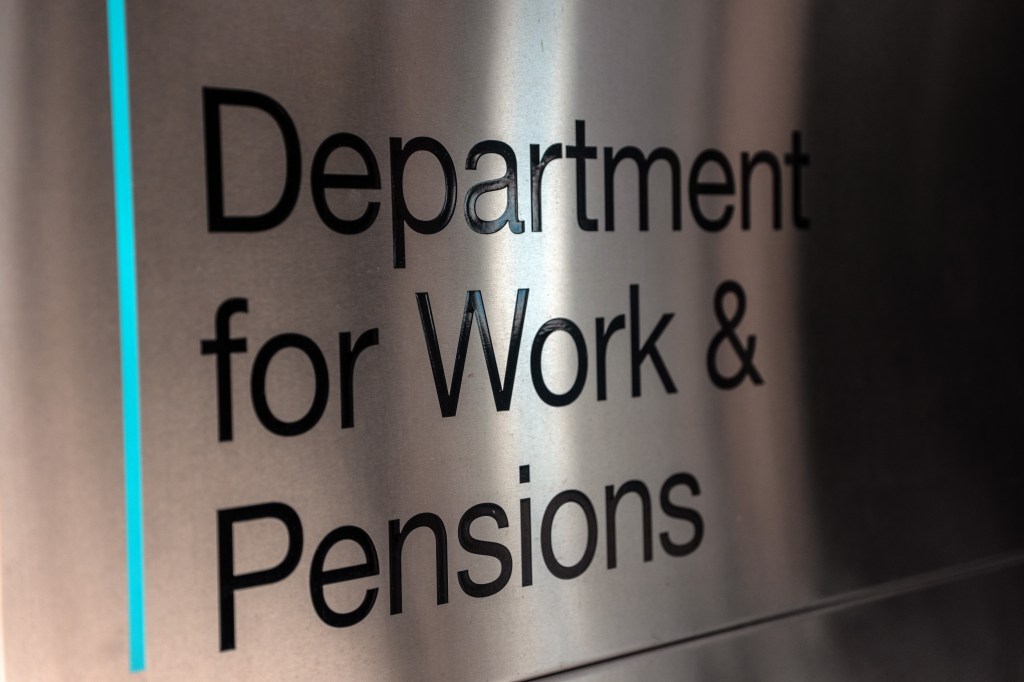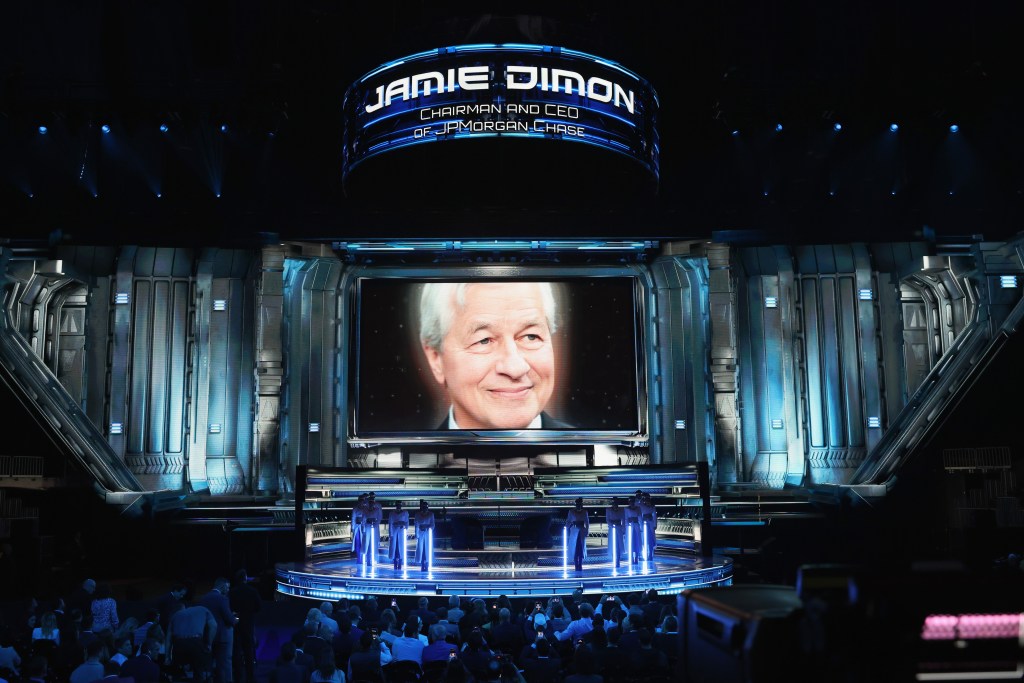The SEC has announced settled charges against Stanley Black & Decker Inc. (SBD), a publicly traded tools company, for failing to disclose perquisites it provided to certain executives. In addition, Jeffery D Ansell, a former SBD executive, agreed to settle charges that he caused Stanley Black & Decker to violate
Register for free to keep reading
To continue reading this article and unlock full access to GRIP, register now. You’ll enjoy free access to all content until our subscription service launches in early 2026.
- Unlimited access to industry insights
- Stay on top of key rules and regulatory changes with our Rules Navigator
- Ad-free experience with no distractions
- Regular podcasts from trusted external experts
- Fresh compliance and regulatory content every day













